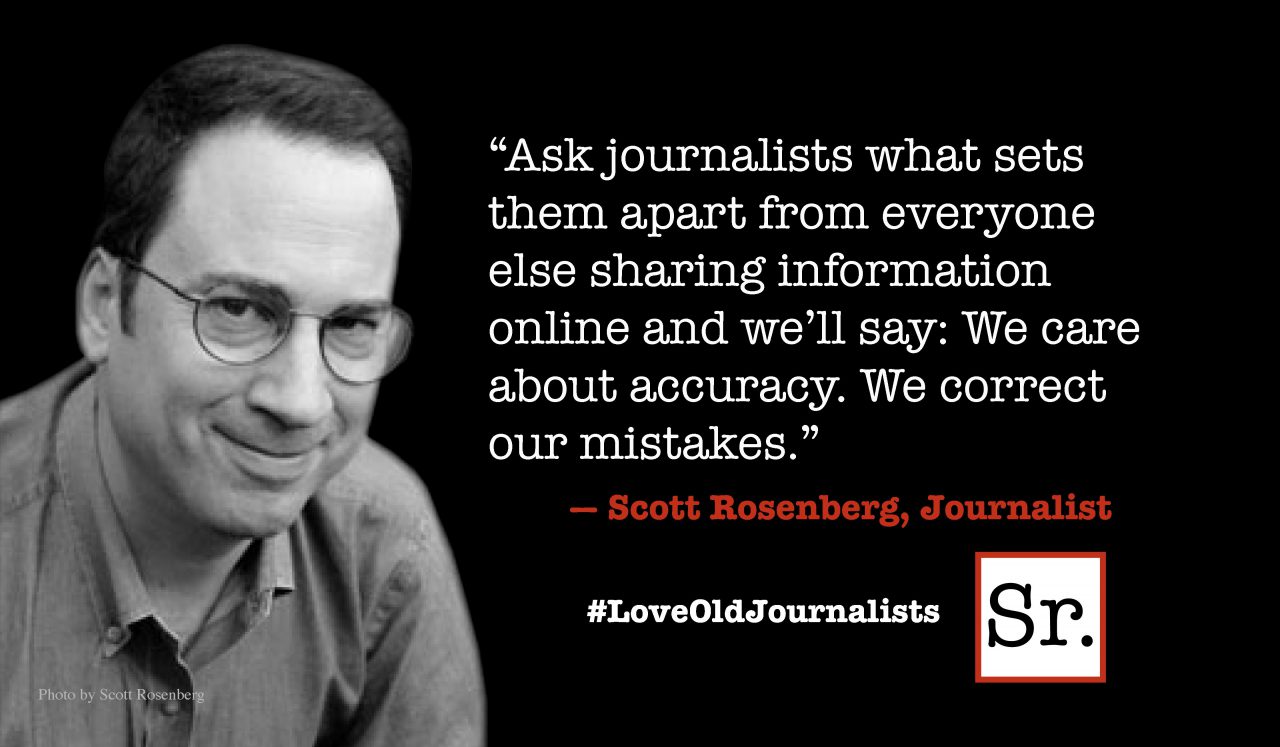Things have gotten so confusing in Syria you need a scorecard to sort out who is killing whom. It would be simpler if the good guys were all dressed in one color and the bad guys in another. At least in our civil war one army wore grey and the other army wore blue, and there were just two easily identifiable combatants. Think how confusing it would be in a football game if there were a half dozen teams on the field with a variety of uniforms, all playing each other. The fans could never be sure which was the home team or teams, and which was the opposition.
From the American point of view, Assad is our major Syrian enemy — or at least one of our enemies. Years ago we declared that he and his regime had to be brought down, thus freeing the Syrian people from his tyrannical rule. To that end we decided to support some of the Syrians who opposed him. But there were others in opposition whose allegiances were unclear, and we disallowed any support for them.
Along comes ISIS whose ranks are made up of those from both ethnic and national bodies, all or most of whom were determined, as were we, to get rid of the Syrian regime. But hold on just a moment. ISIS is also our enemy, and they not only attacked Assad but also those other rebels we support. Oh dear!
The plot thickens. Russia gets into the war by bombing a variety of installations and combatants. But some of the bombs fall on the rebels we support and some fall on ISIS forces we do not support — or do we? And is Russia really intent on keeping Assad in power? Who are Russia’s friends and who are her enemies? France and Germany may want to get in on the action, but on whose side?
Guess who is left out of the argument? It is the Syrian people, some of whom may support the Assad government, some of whom may support the rebels. Then there are the Syrians trapped in the conflict who just want to survive no matter who wins.
For significant numbers of them the only solution has been to get out of the country. And they are doing it by the hundreds of thousands. In their haste to flee the conflagration, they are currently flooding a half dozen European nations that don’t have the slightest idea as to what should be done with them. Many national leaders know that for humanitarian reasons these refugees need to be taken in and taken care of. It is an international crisis. One nation, Hungary, has said, however, “This is not our problem. We didn’t start it, so we are closing our borders.” The question as to whether Assad should stay or go has been lost in the confusion.
The United Nations was created to deal with these sorts of problems, but everybody else wants to decide how to proceed, and the U.N. is ignored. Here in the United States, candidates for president from both parties are almost silent about the issue. Nearly everyone agrees we need to open our hearts and borders to receive a certain number of these refugees, but nobody seems to know how to do it. In the meantime the shooting goes on, and there are no scorecards identifying who should be embraced and who should be shot.
What we have is just one more impossible situation that is the result of the world’s number-one superpower deciding how everyone else should be governed. While we have the ability to make very loud noises, we haven’t a clue as to how to control the various military players and arrive at some consensus about Syria’s future. Perhaps we should just withdraw until the various combatants sort out the problem. Clearly no amount of U.S. muscle is going to solve anything.









